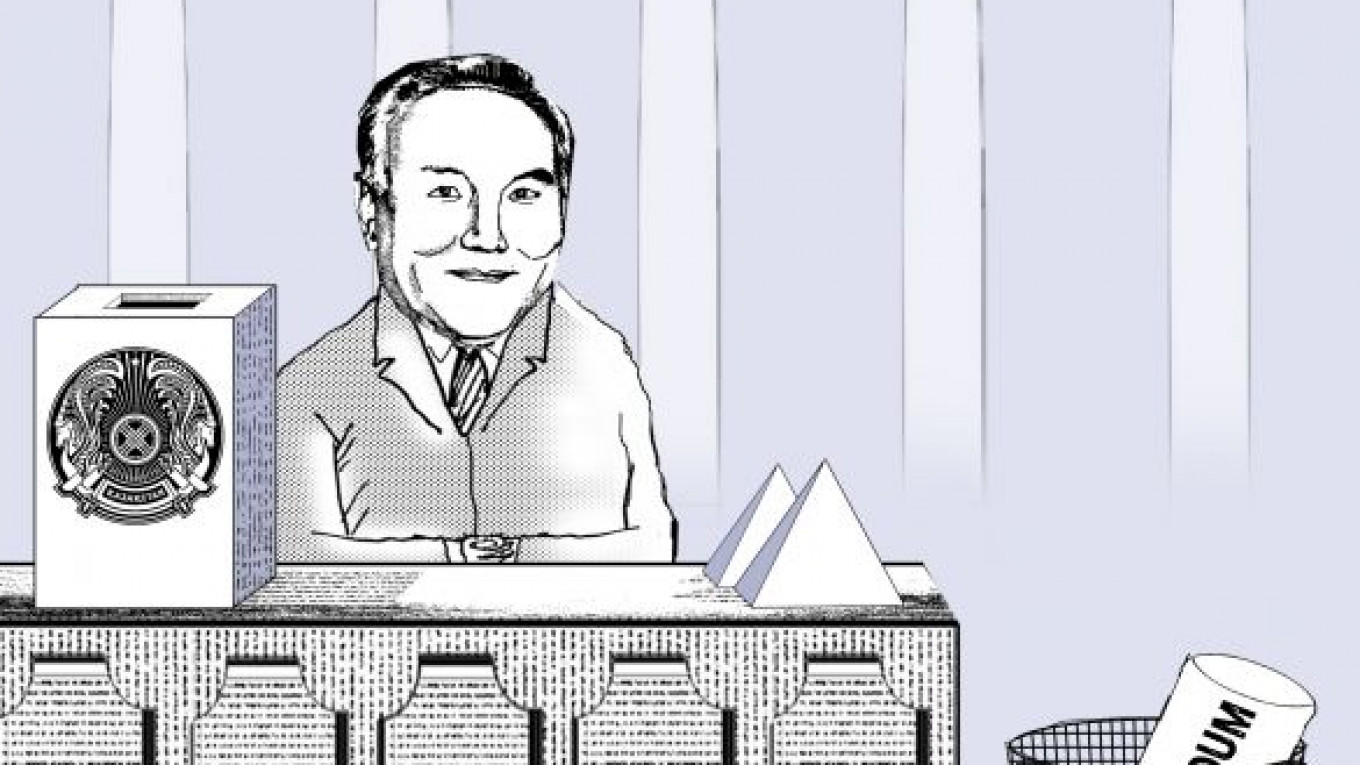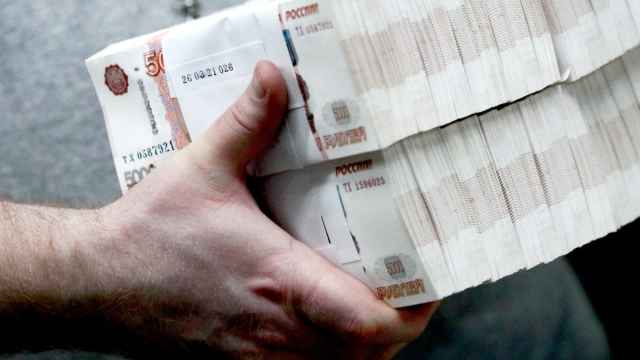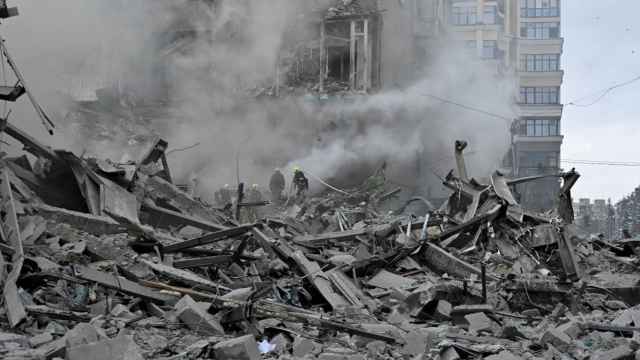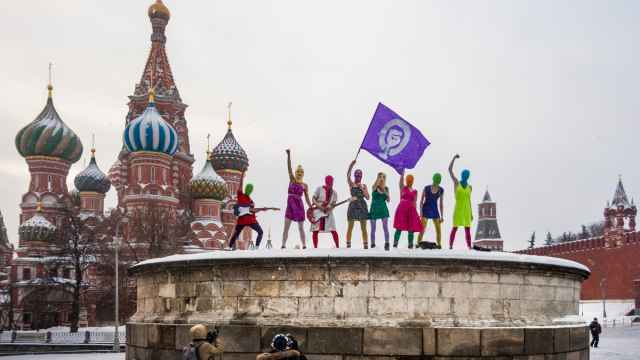Two weeks ago, Kazakh President Nursultan Nazarbayev confounded his critics at home and abroad by rejecting a call from half the country's electorate to hold a national referendum that, if approved, would have extended his term as president until 2020. Kazakhstan's Constitutional Court ruled the referendum unconstitutional, and Nazarbayev accepted its verdict.
In other words, Nazarbayev declined an offer from his own people to rule for another decade. Instead, he proposed an early presidential election rather than avoid elections in 2012 and 2017 as the authors of the referendum were proposing. He later announced that the new election would take place on April 3.
It is an open question whether his decision was influenced by recent events in Tunisia and Egypt. Incidentally, former Egyptian President Hosni Mubarak extended his rule on several occasions using referendums.
Nazarbayev has been Kazakhstan's leader since 1990 and has played a remarkable role in managing Kazakhstan's emergence as an independent state from the wreckage of the Soviet Union.
Public opinion polls continue to put Nazarbayev's popularity in the stratosphere — well over 90 percent. This is hardly surprising given that Nazarbayev has firmly established his ethnically diverse country as an island of stability and relative prosperity in a region otherwise known for impoverished, failing states and the specter of ethnic conflict
The country's prospects look bright. It has abundant natural resources and a relatively small but highly educated population. Per capita annual gross domestic product has already reached $9,000. It has been unusually successful in attracting foreign direct investment — more than $120 billion since 1993.
In contrast to the negative image that some Westerners would like to paint of him, Nazarbayev is pursuing a path of integrating Kazakhstan into a wider Euro-Atlantic and Eurasian community of states.
His commitment to building a broad and inclusive security system was demonstrated by Kazakhstan's unprecedented decision in the aftermath of independence to give up its nuclear weapons inherited from the Soviet Union. Before this decision, Kazakhstan was the fourth-largest nuclear power in the world with an arsenal bigger than that of China, France and the United Kingdom combined.
The West was right to call for the referendum to be scrapped. It would have sent the wrong signal to the world about Kazakhstan and the Kazakh people. Kazakhstan values its good relations with the West and has developed a successful, subtle foreign policy that balances its interests between the West, Russia and China.
The West is also right to place big hopes on Kazakhstan. It is a reliable partner that shares many Western interests. U.S. and European Union support for Kazakhstan's bid to chair the Organization for Security and Cooperation in Europe, or OSCE, in 2010 proved justified. Kazakhstan did the job responsibly and effectively.
Kazakhstan is a long-term partner of the West, and it needs to be quietly encouraged to deepen the rule of law and develop political competition. The strengthening of democratic institutions will also have important positive consequences for economic development and the security of investments.
The West should work with Kazakhstan to make sure that the upcoming presidential election is free and fair. Kazakhstan should invite the OSCE to send its observers to Kazakhstan to ensure that there are no questions about the legitimacy of the result.
The citizens of Kazakhstan look around them and have reason to be grateful to Nazarbayev for his achievements. In many other places in Central Asia, there has been very limited economic progress and prospects for progress remain bleak. For example, per capita GDP in Kazakhstan, with a population of 16 million, is more than five times what it is in neighboring Kyrgyzstan, with a population of roughly 5 million.
It is important that the people of Kazakhstan decide for themselves in line with their constitution who they want as their president. By rejecting the referendum option and sticking to the path of elections, Nazarbayev has set an important precedent that cannot be ignored by other Central Asian leaders. He has also shown to the West that its message is heard. Western leaders should take note.
Peter Fraser is chairman of the British Kazakh Society and a member of the House of Lords.
A Message from The Moscow Times:
Dear readers,
We are facing unprecedented challenges. Russia's Prosecutor General's Office has designated The Moscow Times as an "undesirable" organization, criminalizing our work and putting our staff at risk of prosecution. This follows our earlier unjust labeling as a "foreign agent."
These actions are direct attempts to silence independent journalism in Russia. The authorities claim our work "discredits the decisions of the Russian leadership." We see things differently: we strive to provide accurate, unbiased reporting on Russia.
We, the journalists of The Moscow Times, refuse to be silenced. But to continue our work, we need your help.
Your support, no matter how small, makes a world of difference. If you can, please support us monthly starting from just $2. It's quick to set up, and every contribution makes a significant impact.
By supporting The Moscow Times, you're defending open, independent journalism in the face of repression. Thank you for standing with us.
Remind me later.






